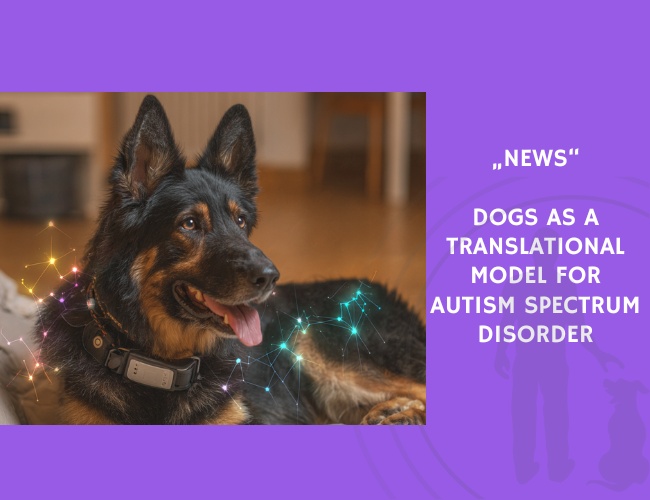Autism spectrum disorder (ASD) presents significant challenges in neuroscience due to its complex symptoms and diverse underlying mechanisms. In a 2019 review, József Topál, Veronika Román, and Borbála Turcsán outline the potential of the domestic dog (Canis familiaris) as a translational model for ASD. The authors stress the importance of animal models that balance face validity (symptom relevance), construct validity (shared biological mechanisms), and predictive validity (response to treatment).
Dogs are proposed as strong candidates because of their variability in social cognitive abilities, ranging from highly cooperative to socially challenged individuals, mirroring the variability seen in humans. Furthermore, their phenotypic similarity to human symptoms is greater than that observed in rodent models, making canine behavior functionally analogous to ASD traits. Importantly, dogs are more likely than rodents to share similar etiological mechanisms with humans, further strengthening their translational value.
This review underscores that moving from promise to reality in using dogs as a model requires systematic validation and carefully designed studies. If successfully integrated, dogs could provide unique insights into autism research, bridging gaps between human clinical studies and traditional laboratory models.
Source: Topál, J., Román, V., & Turcsán, B. (2019). The dog (Canis familiaris) as a translational model of autism: It is high time we move from promise to reality. Wiley Interdisciplinary Reviews: Cognitive Science, 10(4), e1495. Publication Date: July 1, 2019. Authors: József Topál, Veronika Román, Borbála Turcsán.










